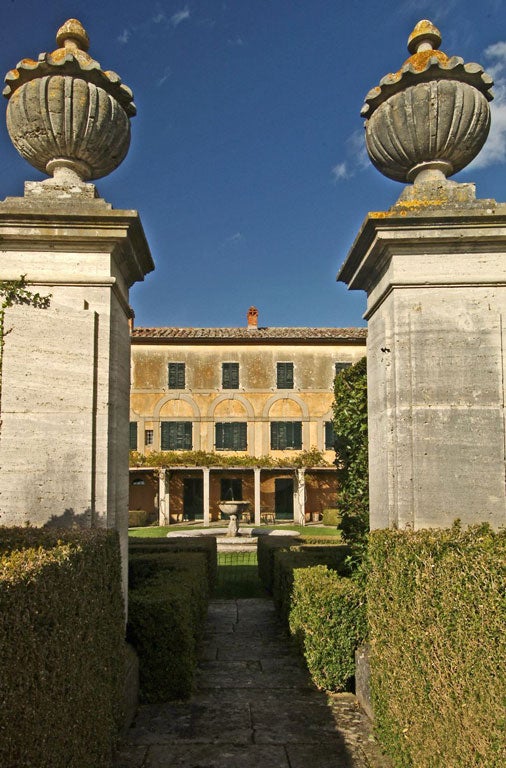Boyd Tonkin: Music can make words bloom again – and not just poetry, but prose

Music and literature have blended in harmony ever since (in Kipling's words) "'Omer smote 'is blooming lyre" in Bronze Age Greece, where both lyric and epic verse was sung. Yet we take this fruitful kinship, or twinship, too much for granted. Specialists study the relationships between word, sound and meaning in song-cycles, opera or pop lyrics (sometimes, as in Christopher Ricks's readings of Bob Dylan, with dazzling virtuosity). But opportunities to hear every chord in the music-literature dialogue remain scarce. Hence the value of the Notes & Letters festival, which runs for a second year this weekend. Its participants range from one novelist who is also a ground-breaking musician (Amit Chaudhuri plays a gig with his eclectic east-west band) to another with a sideline as a performer (Andrey Kurkov takes the floor with a Russian-Ukrainian cabaret), and other authors - such as Ali Smith and Janice Galloway – inspired by music and musicians.
Such attention can open minds, and ears, to the innate musicality of so much writing that endures, beyond those canonical encounters when a major composer sets the words of an equally mighty poet (from Schumann's Heine to Britten's Blake). Good prose as well as verse can often sound eminently singable. But, although opera libretti quarry novels, plays and short stories as raw material, it's hard to find distinguished examples of composers who have mined non-fiction. This summer, I was lucky enough to hear the premiere of one such rarity when the Italian conductor-composer Francesco Cilluffo directed the first performance of his song cycle for soprano, cello and strings, "The Land to Life Again". Cilluffo has set passages from the war diaries of the writer Iris Origo. Aptly enough, the premiere took place in a castle courtyard just up the road from her family house and garden at La Foce in south-eastern Tuscany.
Of Anglo-Irish and American parentage, Origo settled in the backward, barren and semi-feudal backwater of the Val d'Orcia with her Italian husband in 1924. They devoted decades to the improvement of the stony, clay-dense land and the welfare of its people, in what Iris's daughter Benedetta Origo described to me as a mission – which continues to this day – "to bring some prosperity to this incredibly poor pocket of what was, even then, the very rich region of Tuscany". Benedetta's son Antonio Lysy became a cellist and, for 24 years, La Foce has every summer hosted an intimate music festival, the Incontri in Terra di Siena.
During the war the Origo estate served as a safe haven, a refuge for homeless children and, later, for Allied POWs. Iris's memoir War in the Val d'Orcia, and her Images and Shadows, furnished Cilluffo with his texts. This record of resilience and rebirth through hardship is captured via the sonic fragments, both harsh and lush, of the song-cycle. The music gives a new voice to Origo's conviction that, as Cilluffo told me, "In spite of all the horrors, the people and the land have the capacity to renew themselves." In every bar you hear evidence of a keen musical mind applied not – as usual – to the single poem or sequence, but the unfolding subjectivity of a journal. You can listen to haunting extracts at francescocilluffo.com.
This bittersweet elegy made me think about the great prose works that await composers and performers willing – quite literally – to make them sing. In the meantime, all credit to the very literary neo-folk band Mumford & Sons, whose allusive lyrics draw on texts from Mantel and Steinbeck back to Homer's Odyssey. That bloomin' lyre strikes again.
'Notes & Letters', King's Place, London N1: kingsplace.co.uk
Subscribe to Independent Premium to bookmark this article
Want to bookmark your favourite articles and stories to read or reference later? Start your Independent Premium subscription today.

Join our commenting forum
Join thought-provoking conversations, follow other Independent readers and see their replies